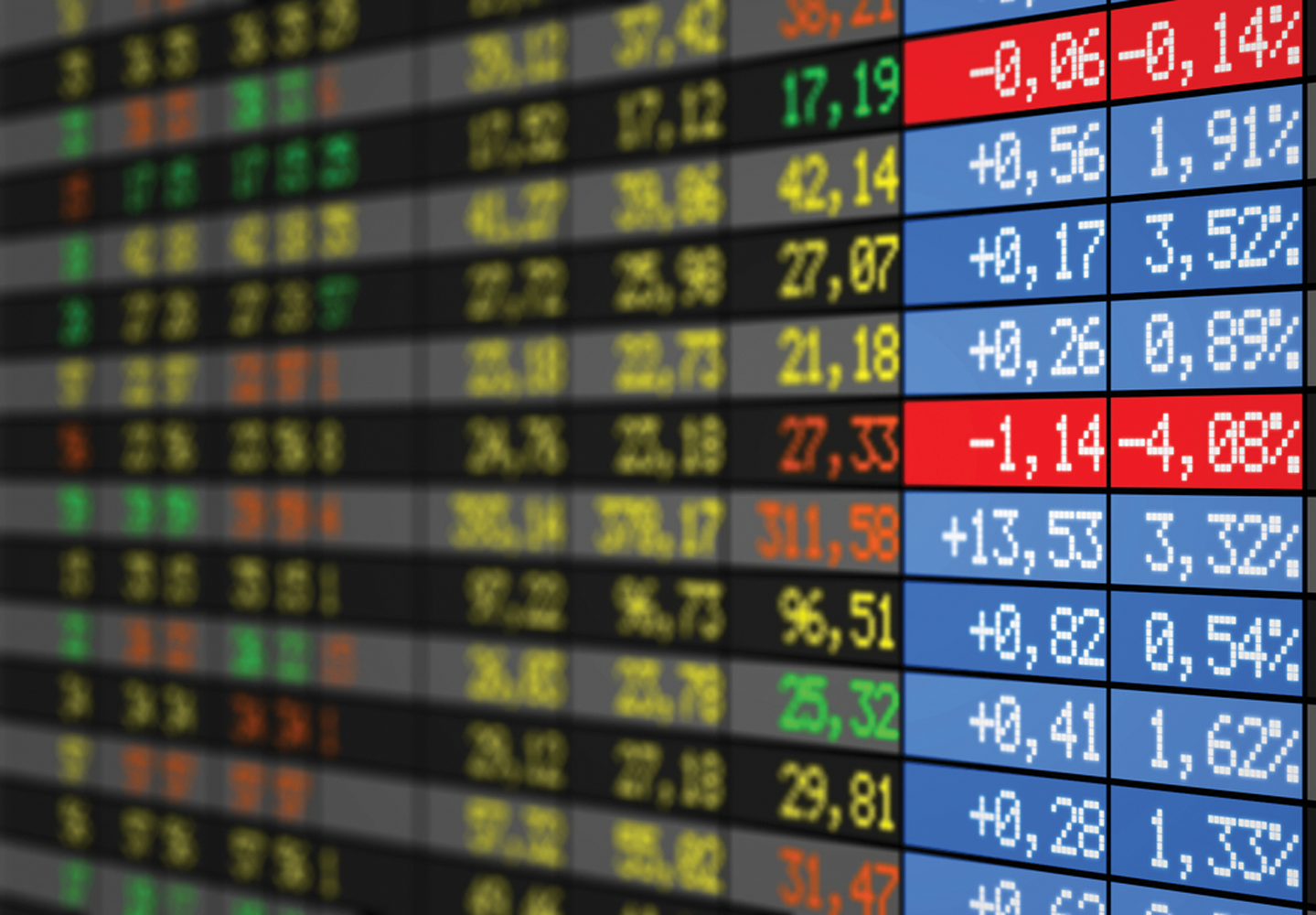
Investors shed £1.07bn of equity funds despite the FTSE 100 having one of its strongest months for over two years, Calastone’s Fund Flow Index found.
The mass withdrawals also follow a positive end to 2024, with a surge of equity inflows into UK funds during November and December.
During January, there was a £640m net sale of equity funds, which was a theme that the rest of the funds elsewhere in Europe and Asia experienced.
It marks the only month since 2023 in which there have been outflows apart from October 2024, when investors anticipated a capital gains tax (CGT) raid in Chancellor Rachel Reeves’ first Autumn Budget.
However, the “big winners”, according to Calastone, were North American equities, which had £576m injected into the sector ahead of Donald Trump’s election win.

How life insurance can benefit your health and wellbeing over the decades
Sponsored by Post Office
Government narrative gets ‘clear thumbs down’
Edward Glyn, head of global markets at Calastone, said: “UK fund investors seem to have given the Government’s fretful growth narrative a clear thumbs down. The UK stock market reached all-time highs in January, but investors merely took this as an opportunity to get out while the going was good.”
Across Europe, there was a net sale of £265m from European equities, representing one of the worst 20 months ever recorded.
Glyn said this is due to “political instability and increasing anxiety about the economy”.
“Apparently nothing can dent the enthusiasm for US stocks, however. Even the DeepSeek AI shock that happened late in the month spurred appetite rather than fear.
“The day after technology companies saw $1trn wiped off their market value, North American equity funds had their best day of the month with £167m of net inflows.”
Elsewhere, inflows with fixed-income funds dropped to £267m, which was a drop of two-thirds compared to December.
He added: “Bond markets had a terrible start to 2025 with yields on benchmark US Treasuries and on UK gilts surging to their highest level since before the global financial crisis (bond prices fall when yields rise). Investors bought into this market decline in the first half of the month – enabling new capital to lock into these ultra-high yields, before turning net sellers as calm returned.
“This is a pattern we often see in the millions of trades Calastone processes every month. Bond yields remain high, with the outbreak of an inflationary trade war potentially keeping them at elevated levels.”




